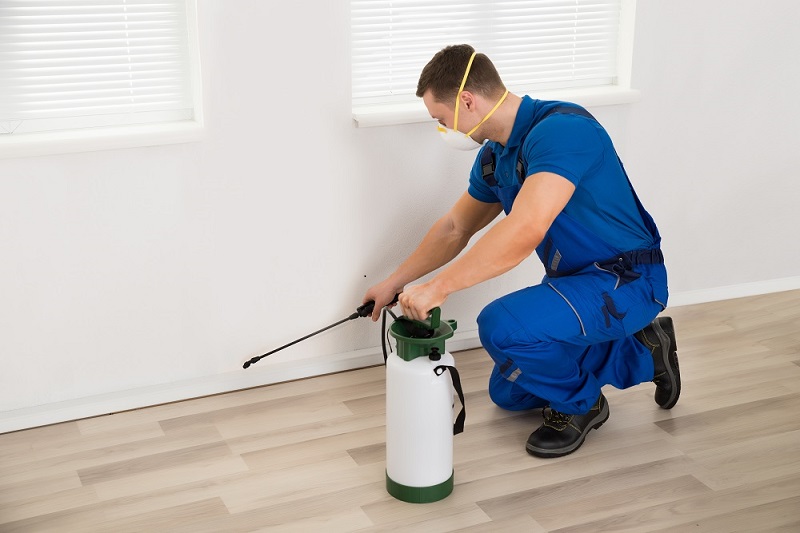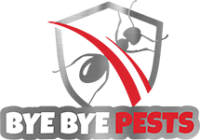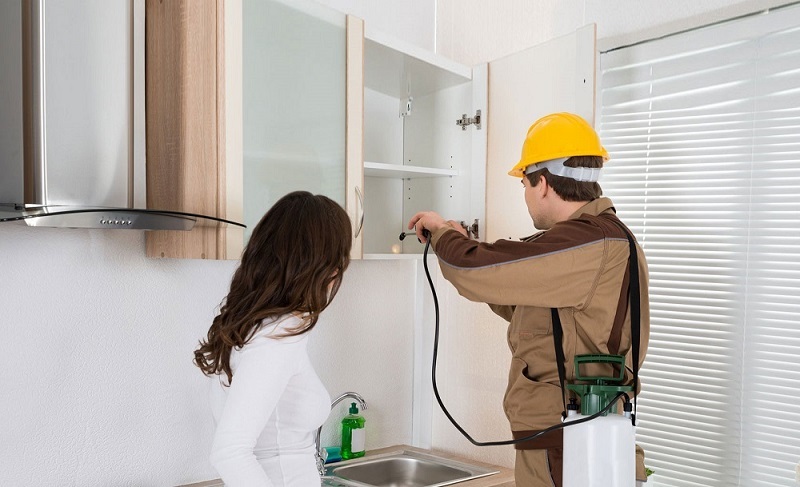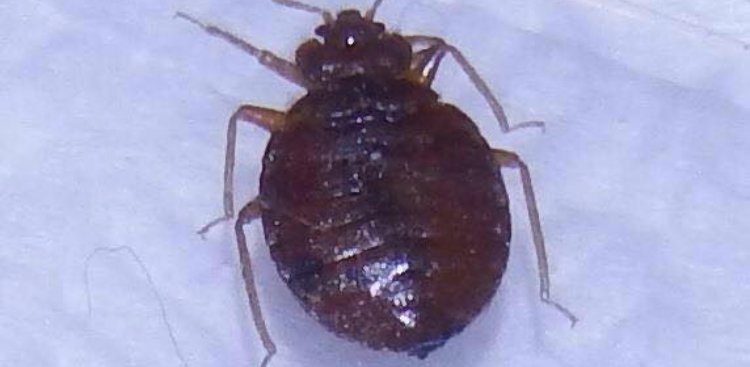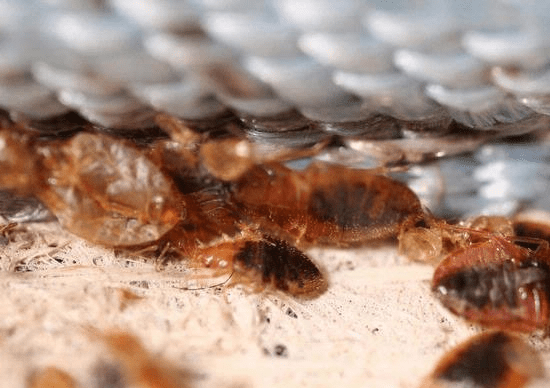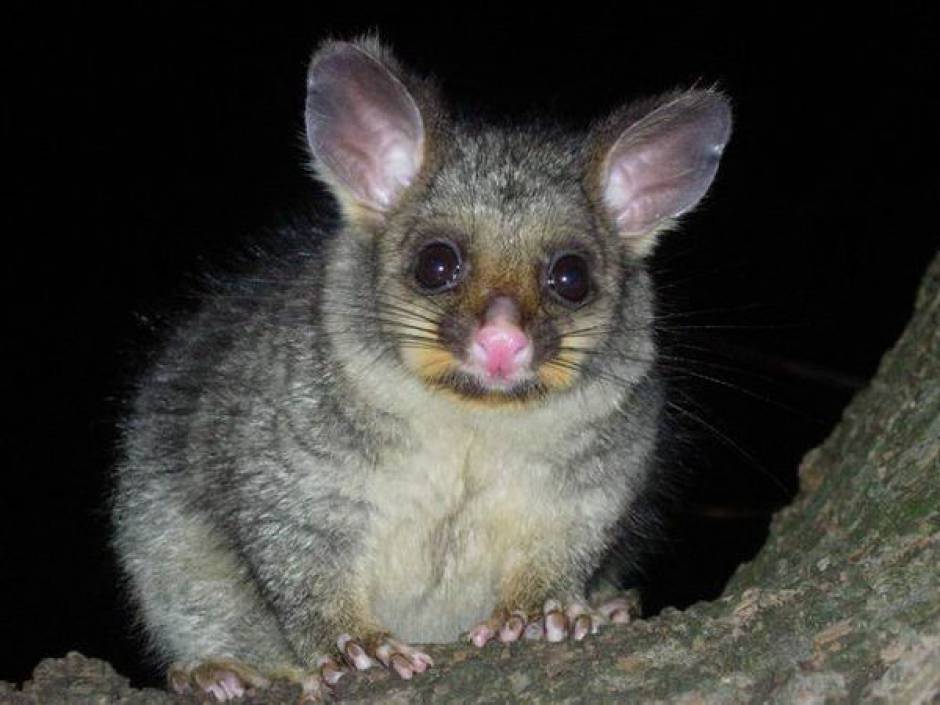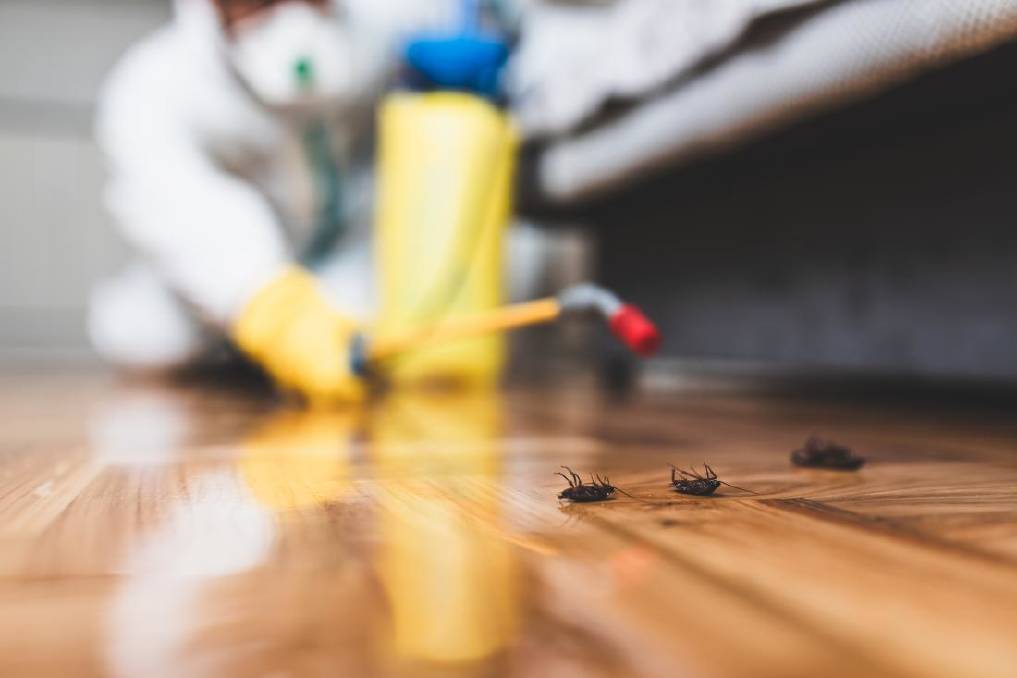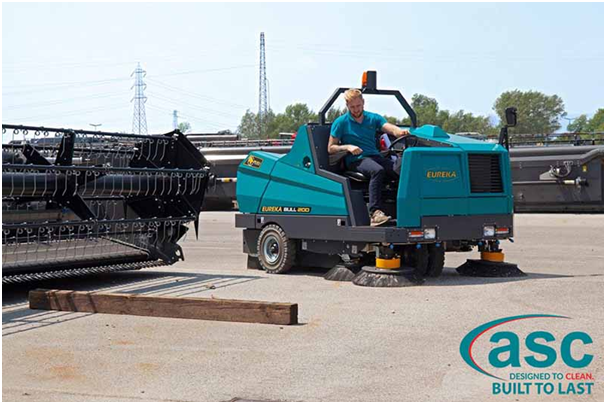You may not be aware, but pests pose several health threats through the spread of bacteria and contamination of surfaces, medical supplies, and equipment; ensuring that the facility remains pest-free is one of these challenges. Pesticides are substances that are used to kill or damage pests. In such cases, pest control is used to control insects, and herbicides control weeds, fungus, and mold.
Household insecticides are available in supermarkets and hardware shops. They are intended for use by homeowners in their homes and gardens. Although home insecticides are widely available, this does not imply that they are safe. They are poisonous, and if used irresponsibly, they may harm the user's health, their family's health, their pets' health, and the environment.
Pest control is an important service that ensures the quality of life of humans. It helps you stay healthy, saves your properties against destruction by pests, and keeps your surroundings clean.
The different types of pest control methods are listed below
Organic pest control:
The idea of organic pest control is to use natural ways to keep away insects and other pests. The problem is that pesticides and insecticides can poison the environment and the food we eat if used in excess. When we use organic pest control, we use insecticidal soaps, oils, and sprays that will not harm the environment and food. Weeding is the most common method of controlling pest growth. It can be done by hand or using tools. An area of land may be fenced off. The fence is made of netting or other material strong enough to keep pests out. This type of fencing can be permanent to keep pests away all year round. It will keep out both pests and other animals. Traps are another method of controlling pests. The most common traps are for pests that build nests, for example, rats. A common way to catch rats is with glue traps.
Chemical pest control:
Chemical pest control is the process of chemically controlling pests. Various pesticides are used in this process which can be in liquid, granular or aerosol form. Chemical pest control involves the use of effective chemicals in liquid or granular form. The earliest recorded pesticides include Sulphur, heavy metals, and salt. Benzene hex chloride (BHC) and dichlorodiphenyltrichloroethane (DDT) became known for their pesticide properties in the mid-twentieth century. Various chemicals like malathion, chlorpyrifos, cypermethrin disrupt the nervous systems of insects when they come in contact with them.
Biological pest control:
Biological pest control is a strategy that we can control pests that do not harm the environment and the ecosystem. It is a way of controlling pests without any hazardous chemicals and using natural elements, such as pathogens and predators. It is more affordable than other forms of pest control.
Electromagnetic pest control:
Electronic pest control is a non-lethal way of protecting your home from pests. It uses electronic signals to ward off pests, unlike traditional pesticides, harmful to both people and the environment. It includes electronic and ultrasonic methods of pest control. The electronic method repels insects and rodents. The ultrasonic method uses high frequency, short length sound waves to deter pests.
The Bottom Line
The best pest control for you depends on what kind of pest you want to get rid of. It also depends on the severity of the infestation, the speed at which the pesticide interacts with the pests, and the type of place you're trying to protect. Make sure you try pest prevention before you call for pest control services. Research well about the pesticide and the container's disposal because long-term exposure to some pesticides can endanger your family's health.

 Zoe
Zoe